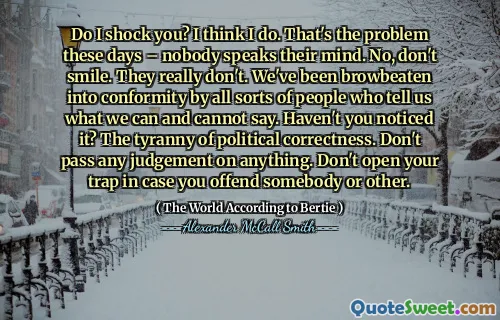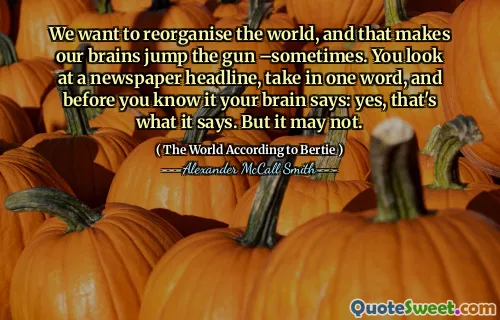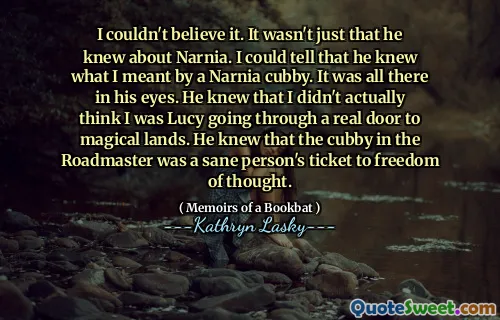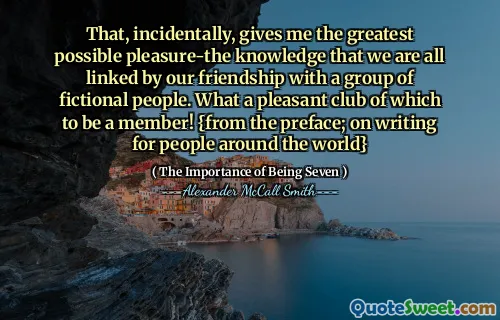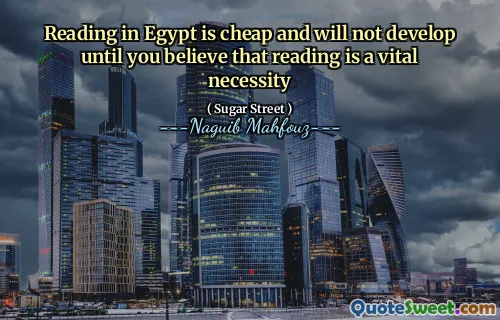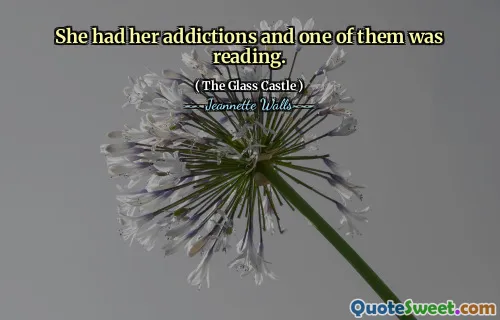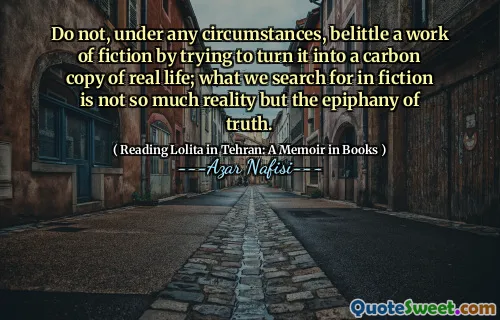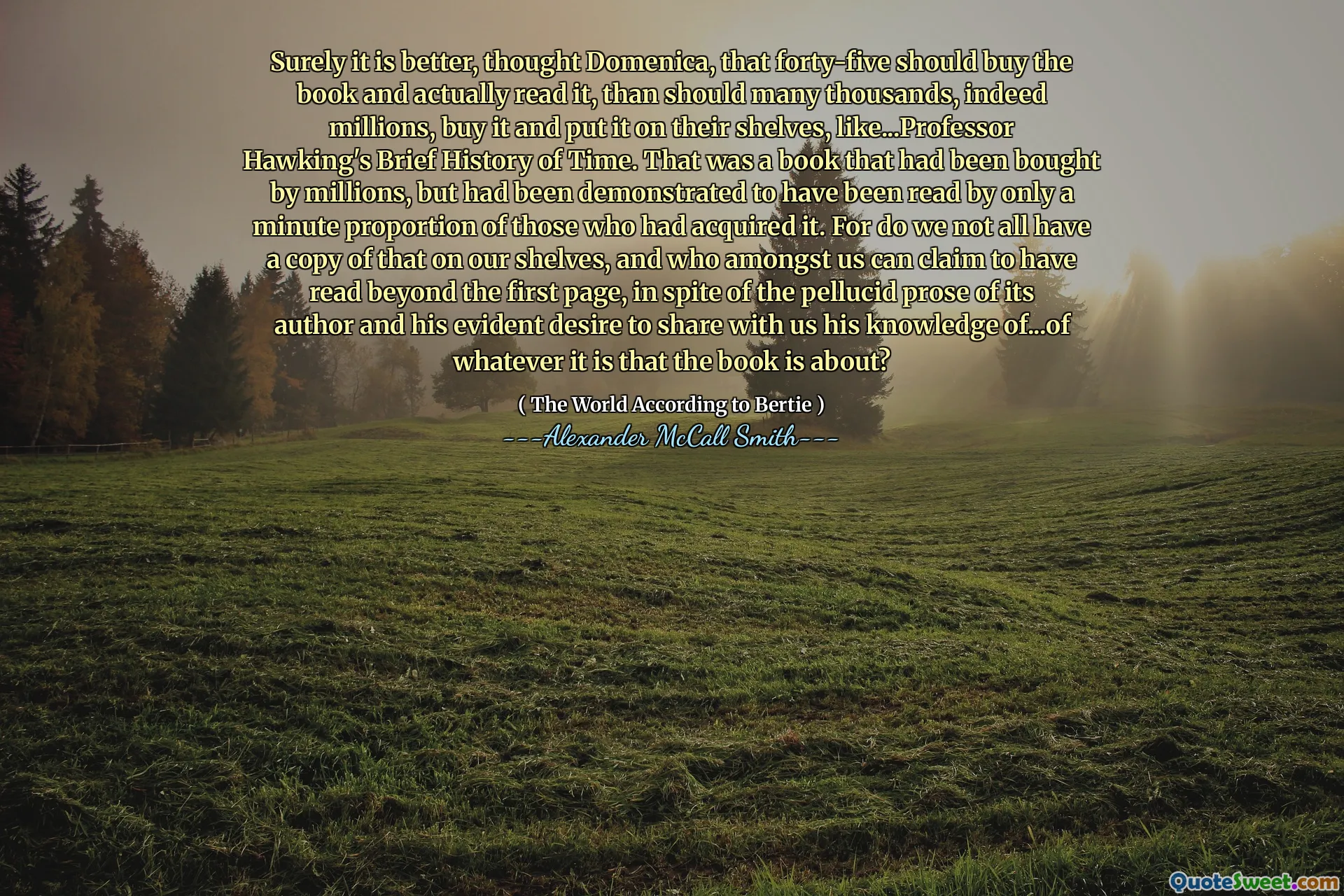
Surely it is better, thought Domenica, that forty-five should buy the book and actually read it, than should many thousands, indeed millions, buy it and put it on their shelves, like...Professor Hawking's Brief History of Time. That was a book that had been bought by millions, but had been demonstrated to have been read by only a minute proportion of those who had acquired it. For do we not all have a copy of that on our shelves, and who amongst us can claim to have read beyond the first page, in spite of the pellucid prose of its author and his evident desire to share with us his knowledge of...of whatever it is that the book is about?
Domenica reflects on the idea that it's more valuable for a smaller number of people to truly engage with a book than for many to merely own it without reading. She contrasts her thoughts with the phenomenon surrounding Stephen Hawking's "A Brief History of Time," noting that while it was purchased by millions, very few actually read it past the initial pages. This raises questions about the meaningfulness of ownership when it doesn't involve intellectual engagement.
This commentary highlights a common trend in literature, where many books serve more as status symbols on bookshelves rather than sources of knowledge and understanding. Domenica seems to advocate for a deeper appreciation of literature, emphasizing that the true benefit comes from reading and comprehending the material, rather than simply collecting books.


